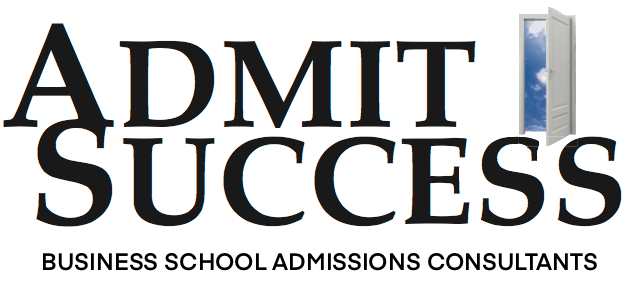The business of business is business. Is this true? (maximum 500 words)
I agree with the assertion that the business of business is business; however I challenge anybody who defines a business exclusively on the basis of material success and profits. As a sales person at JP Morgan and Bank of America, I often found myself at the crossroads of business ethics, balancing the fine line between responsibilities towards my employer and shareholders and those of my clients.
In daily morning meetings, traders provide not only market updates but also trade ideas for a particular bond or asset class. It is a responsibility of a sales person to make prudent decision in finding the right clients for a particular investment, get the “trade done” and as a result make money for the trader and the firm.
Throughout my career I have seen the judgment of sales people clouded by quick moneymaking opportunities resulting in questionable investment advice to their clients because they did not thoroughly vet a trader’s recommendations. Initially, I was one of them, owing to my insufficient understanding of the trade structure and limited knowledge of the client’s risk profile. To build a solid reputation and flourishing long-term relationships with clients while avoiding potential trade suitability risk, I reached out for guidance from a seasoned sales person. This woman was very successful not only in growing revenues but also in building long-term client relationships. She said: “Why would you want to sell something you don’t believe in? There are many good trade ideas out there; you should pick the ones that you think are right for your client.” Although I found her words harsh, insulting and judgmental of my skills and character, I also recognized my shortcomings. First I honed my knowledge of fixed income and bond math. Then, I put a great deal of time toward my own due diligence researching proposed trade ideas, examining alternatives, and even creating trade ideas of my own. I weighed client suitability and risk appetite before pitching any investment. In Poland, I was not raised to challenge authority, but soon I felt confident enough to turn down opportunities for trades that were not beneficial for my client in the long term, although they would have commanded short-term appreciation from the trader. In doing so, I earned respect from clients, traders and senior management alike for my integrity, good judgment and effective risk control.
To me, personal integrity and maturity are critical attributes of good leaders that are equally as important as analytical and quantitative skills. In making executive decisions, company management needs to stay true to filling the ranks of decision makers with candidates who possess these qualities if they want to achieve sustainable, long-term profitability and positive social impact.
Because the new chapter of my career journey will lead me towards increased management and executive functions, I need to prepare for ethical decision-making at times of extreme uncertainty and time constraints.
At Oxford, I aim to develop the tools that will help me forge an ethical compass of my own, helping me navigate and effectively solve complex ethical dilemmas, whether towards investors and clients or communities and society at large.


